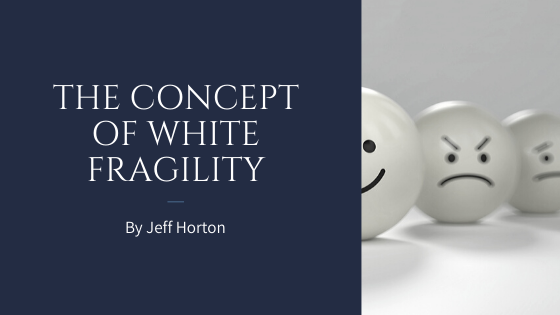Oxford dictionary defines white fragility as discomfort and defensiveness on the part of a white person when confronted by information about racial inequality and injustice. The term was coined in 2011 in a journal article by US academic and educator Robin DiAngelo.
Robin DiAngelo writes,
“White people in North America live in a social environment that protects and insulates them from race-based stress. This insulated environment of racial protection builds white expectations for racial comfort while at the same time lowering the ability to tolerate racial stress…….In turn, whites are often at a loss for how to respond in constructive ways, as we have not had to build the cognitive or affective skills or develop the stamina that would allow for constructive engagement across racial divides leading to what I refer to as White Fragility. White Fragility is a state in which even a minimum amount of racial stress becomes intolerable, triggering a range of defensive moves….includ[ing] the outward display of emotions such as anger, fear, and guilt, and behaviors such as argumentation, silence, and leaving the stress-induced situation.”
Robin is a white woman who addressed her book mostly to white people, with a special criticism for white liberals who — she claims — often refuse to acknowledge their own participation in racist systems. Within her book, DiAngelo emphases that the stances behind white fragility are irrational. At one point she writes, “I have found that the only way to give feedback without triggering white fragility is not to give it at all.” Because of this, many people of color believe that the social costs of providing such feedback are so high that they don’t risk pointing out discrimination when they see it. White fragility helps maintain racism, DiAngelo argues.
The forms in which white fragility emerge are not always so apparent, as silence and withdrawal are also functions of it. Who speaks up, who stays silent, for how long, and when are all crucial components to understanding the patterns and relationships that support and maintain oppression.

